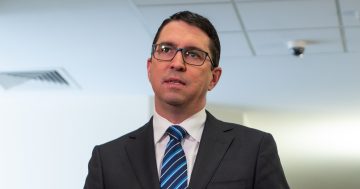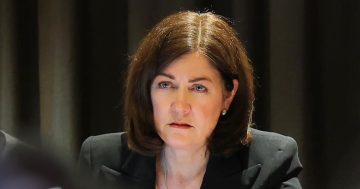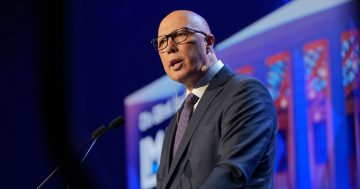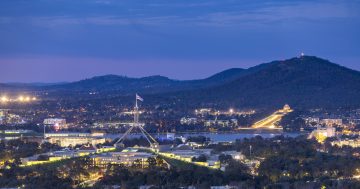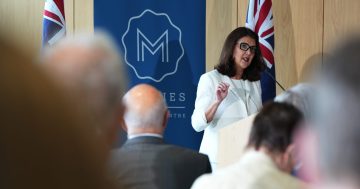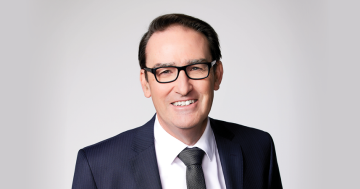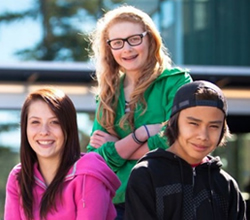 Political scientists in British Columbia have said there was a need to attract more public servants with more varieties to the B.C. if Premier David Eby is to attract younger people.
Political scientists in British Columbia have said there was a need to attract more public servants with more varieties to the B.C. if Premier David Eby is to attract younger people.
They said Ministries will soon be required to support flexible work and work-from-home arrangements, in a move the head of the Public Service hopes will attract a greater variety of workers.
A policy update from cabinet secretary Shannon Salter, who is responsible for upwards of 35,000 public servants across B.C., was sent out last month (January).
In it she says that starting in April all public service jobs will be open to “any B.C. community where the hiring ministry has an existing office,” adding that flexible work arrangements and remote work would be supported going forward.
The move is a marked difference from other bureaucracies across the country, especially in Ottawa, where federal public servants are being told to return to work in droves.
“It’s really designed to position the B.C. Public Service as an employer of choice for people not just in Victoria or Vancouver, but really in communities across the province,” Ms Salter said.
“Opening positions up to communities across British Columbia really will enable us to attract more diverse candidates. I’m hopeful it will allow us to attract more Indigenous candidates,” she said.
She said the impetus for the policy was both internal and external with public servants asking for the move, in addition to the province needing to attract more workers amid a labour shortage.
According to the government, half their public servants work in the provincial capital, with a further third in the Lower Mainland and the rest across B.C.
Salter said that the province would be monitoring whether any particular community will see a high uptick in demand for public workers and that the move could inform where future resources are placed.
“Over time, we want to move to a more flexible system where any government office may host employees from various ministries,” she added.
“This is really part of a bigger conversation that we’re also having — about what the future of space looks like within the public service.”
British Columbia, 4 February 2023


